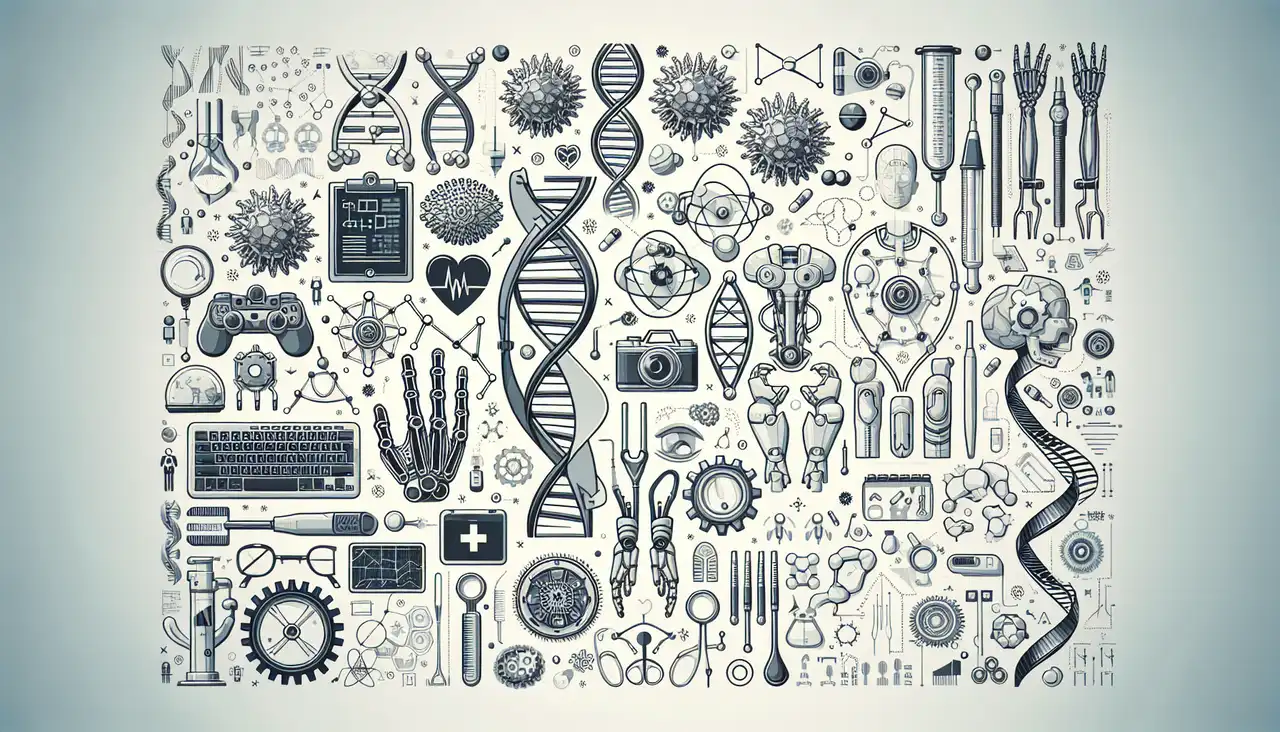

Sridevi Sarma
Dr. Sridevi Sarma is a distinguished professor of biomedical engineering and serves as the vice dean for graduate education and lifelong learning at the Whiting School of Engineering at Johns Hopkins University. With a profound dedication to advancing the field of biomedical engineering, Dr. Sarma leads the Neuromedical Control Systems Lab as the Principal Investigator. Her lab is a hub of innovation, focusing on the modeling, estimation, and control of neural systems through the use of electrical stimulation. Under her guidance, the lab comprises a dynamic team of four Postdoctoral Scholars, ten Graduate Students, five Research Staff, and five Undergraduate Students. Together, they engage in cutting-edge research projects, gaining invaluable hands-on experience that prepares them for future contributions to the field. Dr. Sarma's research is at the forefront of developing computational, data-driven, and biological methodologies aimed at enhancing the understanding and treatment of nervous system disorders. Her work primarily targets diseases such as epilepsy, chronic pain, Parkinson's disease, and insomnia. Through her innovative approaches, Dr. Sarma seeks to unravel the complexities of these conditions, contributing to the development of effective treatments and interventions. Her commitment to excellence in research has been recognized through numerous accolades, including the prestigious Presidential Early Career Award for Scientists and Engineers. Dr. Sarma's contributions extend beyond her research, as she plays a pivotal role in shaping the educational landscape at Johns Hopkins University. Her leadership in graduate education and lifelong learning underscores her dedication to fostering the next generation of engineers and researchers. Her efforts ensure that students are equipped with the knowledge and skills necessary to tackle the challenges of the ever-evolving field of biomedical engineering. In addition to her academic and research pursuits, Dr. Sarma is deeply committed to interdisciplinary collaboration, recognizing the importance of integrating diverse perspectives to drive innovation. Her work exemplifies the intersection of computational medicine, neuroengineering, and biomedical data science, making significant strides in the understanding and treatment of neural disorders. Dr. Sarma's passion for her field is evident in her tireless pursuit of knowledge and her unwavering commitment to improving human health through engineering solutions. Her contributions continue to inspire both her colleagues and the students she mentors, leaving a lasting impact on the field of biomedical engineering.
Publications
, 2731-2745, 2011-11-01